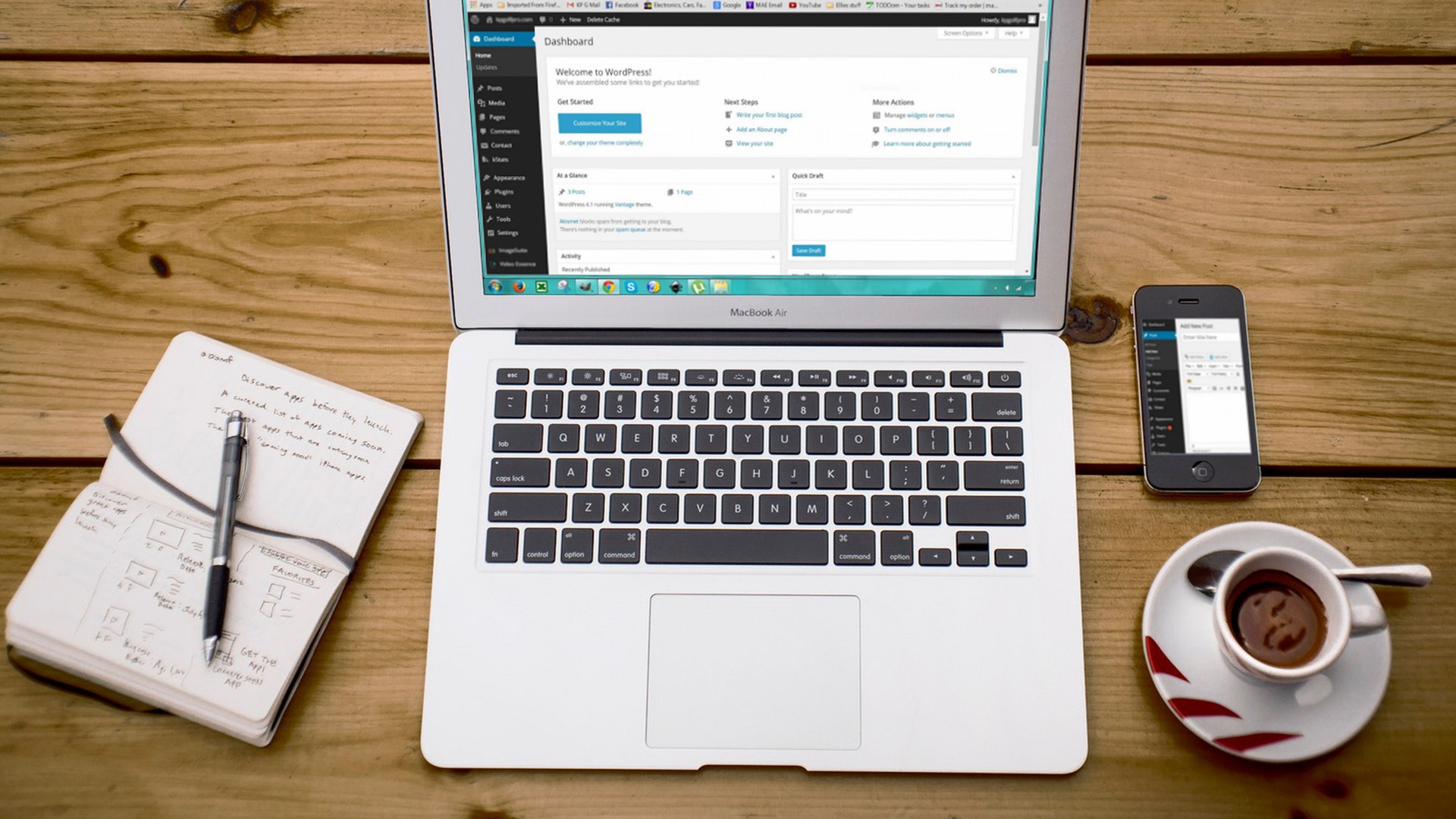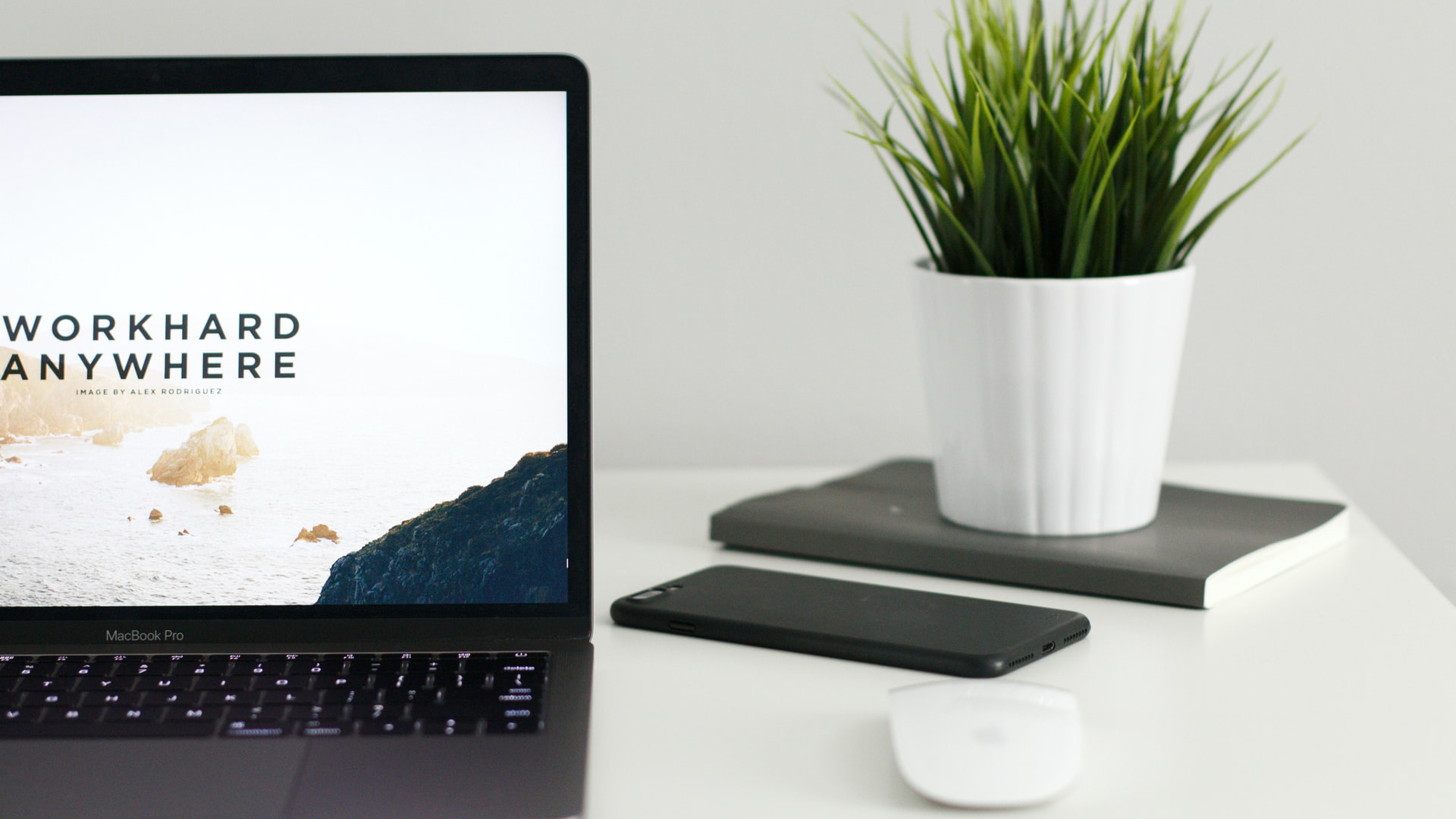How to start a blog

Learning how to start a blog has never been easier, even though it can still seem intimidating if you've never done it before. The best free blogging sites help substantially here, as they give you the perfect building blocks to get the word out about your business or simply to share your thoughts about something important (or frivolous).
It's also worth considering the best website builders, as these often feature blogging functionality alongside useful design tools that mean you don't need expert web design knowledge to look good. However you plan on starting a blog, the process is pretty simple once you follow some key steps.
Read on as we look at what's required and how to start a blog, as well as what you need to consider before you sign up. Much like choosing a web hosting provider, it's useful to know a little more than the basics. However, there's no need to have great technical knowledge, thanks to many blogs being very simple to set up.
How to start a blog: Preparation

Starting a blog isn't just a matter of finding a blog hosting platform and hitting the signup button. That's because you really need to know why you want the blog in the first place. By knowing why you want the blog, you'll also know a bit more about what you require from a blogging platform, or even if a website hosting company would be a better option for your needs.
First of all, think about the purpose of your blog. Do you want a blog to write down your personal musings that are too long for Twitter? Or are you looking to blog about your company's practices and plans? Both require slightly different considerations.
For instance, if you want a blog that supplements your company's website, you may wish to consider a website builder like Wix or Squarespace, as both allow for conventional websites alongside blogging tools too. They even offer up room for ecommerce features, if you plan on selling directly on your website. For a personal blog, however, something like WordPress will suffice.
Whatever your plans, it's useful to consider choosing a domain name that will reflect your business or personal needs. Think of it as like your personal address online, and make sure it's reasonably simple to remember yet distinctive too.
Get instant access to breaking news, the hottest reviews, great deals and helpful tips.
Step 1: Choose your hosting platform
There are plenty of different options when it comes to hosting and starting your blog. If you already own some webspace, you can often 'add' WordPress to your package by diving into cPanel and installing it from there. This could be your cheapest option if you already have web hosting.
Alternatively, check out the best web hosting services if you're keen to start a website that is also a blog. Signing up is typically very straightforward and simple to do.
Don't go overboard. If you simply want a place to write your thoughts, a WordPress blog will more than suffice. There's no need to pay for a wealth of features that you simply won't use. Pretty much all web hosting platforms and website builders offer some form of blogging functionality, so you can't really go wrong.
Step 2: Design your blog

Like with a conventional website, it's important to design a blog to match the aesthetic you're aiming for. If it's a blog to accompany an existing company website, this can be fairly straightforward, as you can ensure the color scheme and style matches what is already there.
For everything else though, it's worth taking some time to think about a design. Maybe even sketch it out on paper, then see how you can reproduce it online. Website builders and blogging platforms like WordPress offer many different themes that are highly customizable, so it's simple enough to find one that works for you. Often, such methods are a simple matter of drag-and-drop, or simply clicking a few boxes.
This may also be the time to add plugins that provide you with additional features. Some of these can be style-driven, while others might help users navigate your site more easily. There are also numerous SEO-focused tools that can be added to make it easier for search engines to find your website.
Step 3: Write your blog
Once you have your blog successfully configured and looking how you want it to look, it's time to start writing. This is where it is incredibly useful to learn how to write a blog post with optimal SEO. Strong SEO skills ensure that your blog post is more visible on search engines such as Google and Bing, meaning more people will discover your work.
Besides optimizing the content, it's also important to think about the tone you want to set. Do you wish to use a professional voice in your writing, or do you want to be more conversational? Don't be afraid to draft and redraft. Once it's online, it's hard to take back. Make sure you don't say anything controversial or offensive, especially when dealing with a company blog.
Step 4: Promote your blog

Once you've designed your blog appropriately and written up a post, you want people to see it. The best way of doing so is by promoting it. While you could rely solely on people stumbling across it via search engines, using social media is a better option.
Posting about it on Twitter, Facebook, Instagram, Tik Tok, and every other social media platform possible is a good way of attracting interest and followers. Make sure you use both visual and text-based media to keep people keen, but don't spam. Be interesting and relevant, and attract readers by engaging them rather than bothering them.
How to start a blog: Summary
Starting a blog is relatively simple once you've done the groundwork of figuring out why you need a blog. Sign-up is straightforward whether you use a web hosting platform or a dedicated blogging service.
It's worth learning how to optimize your blogging strategy though. This includes knowing how to write to encourage search engines to find your work, as well as knowing how to effectively promote it.
Knowing what your brand is important too, whether you're launching a blog for your personal wellbeing or for your company to develop a more established presence online. Like setting up a website, it's a good idea to devote a few hours to set your blog up just how you want it.
While one can be started within minutes, it makes sense to get things just how you like them from the moment you launch your presence online.
Further reading on starting a blog
Now that you've decided to start a blog, there are other useful guides to help out. These include a look at the most common WordPress website mistakes so you know what to avoid, as well as how to fix them. These don't solely relate to WordPress either with some tips working for other forms of blog too.
Reading up on the best WordPress hosting as well as looking at WordPress vs Wix vs Squarespace can help you find the right blogging platform too.

Jennifer is a roving tech freelancer with over 10 years experience. Her main areas of interest are all things B2B, smart technology, wearables, speakers, headphones, and anything gaming related. Her bylines include T3, FitandWell, Top Ten Reviews, Eurogamer, NME and many more. In her spare time, she enjoys the cinema, walking, and attempting to train her pet guinea pigs. She is yet to succeed.
